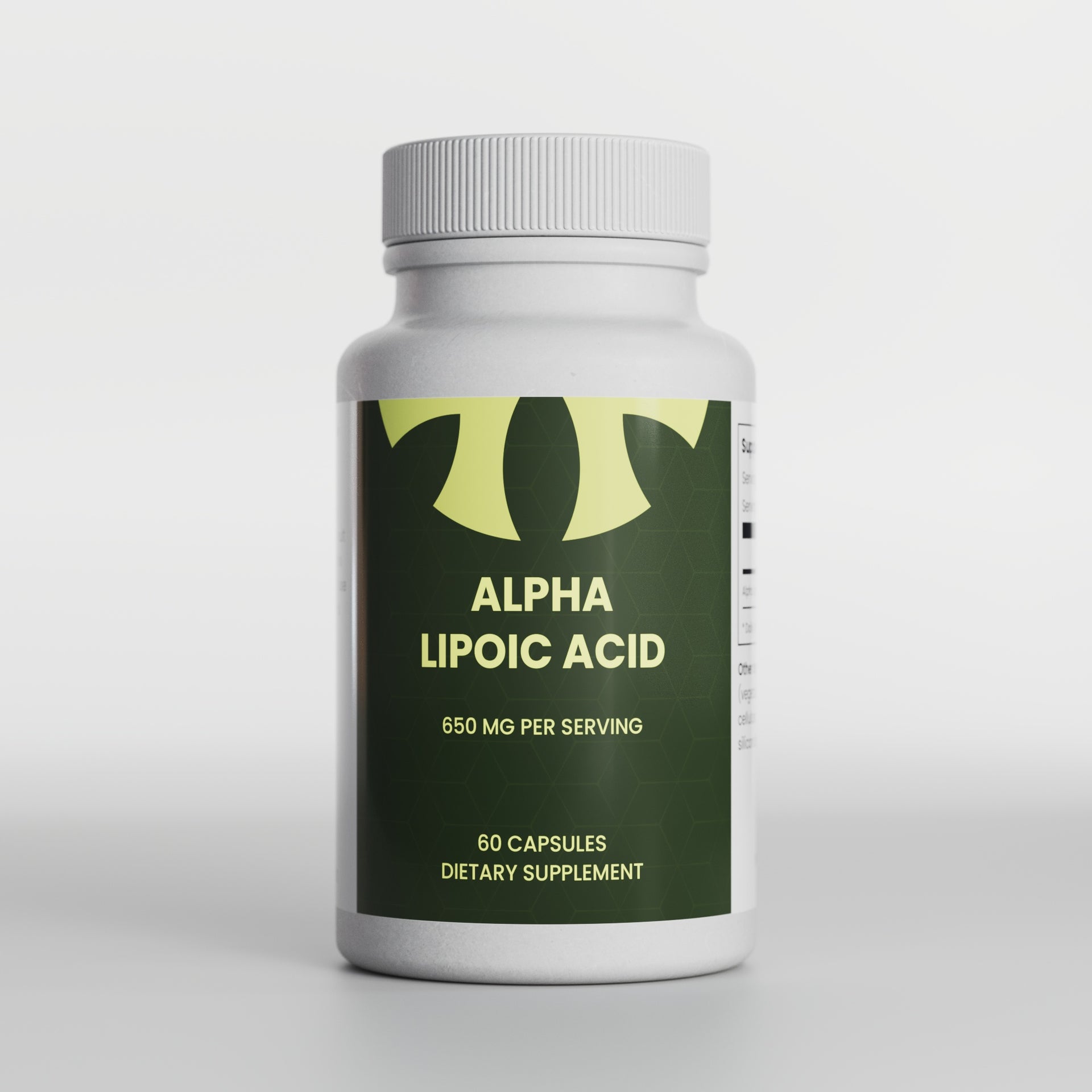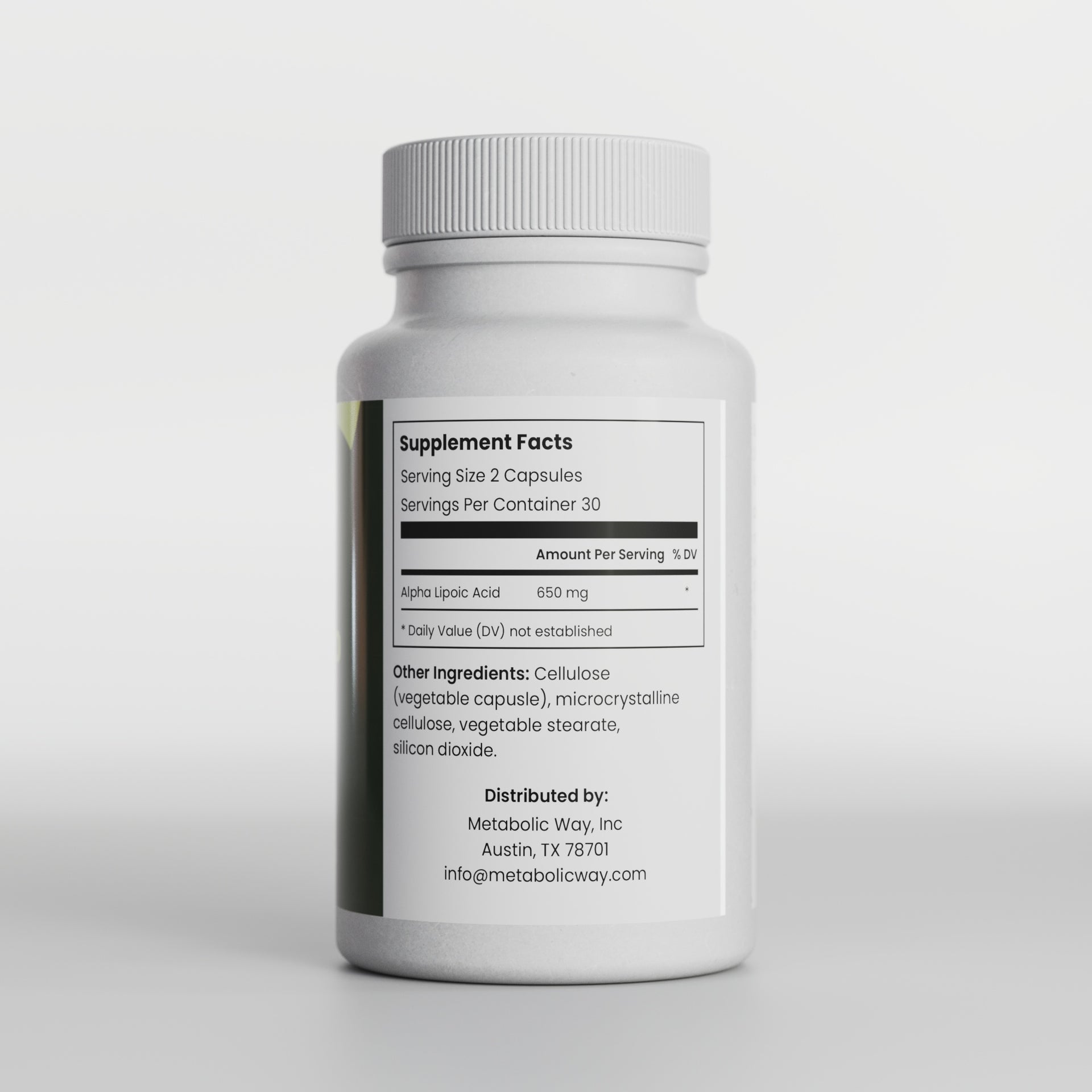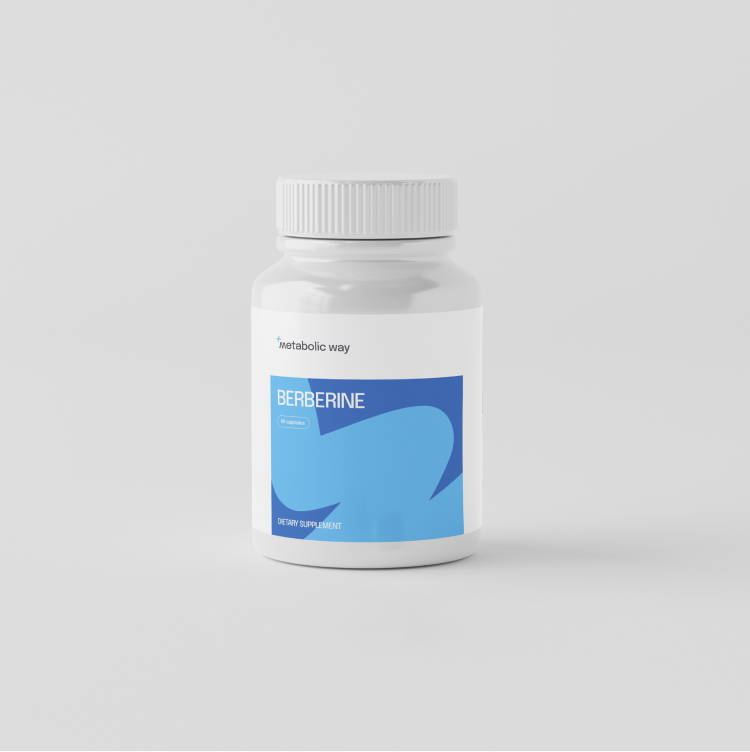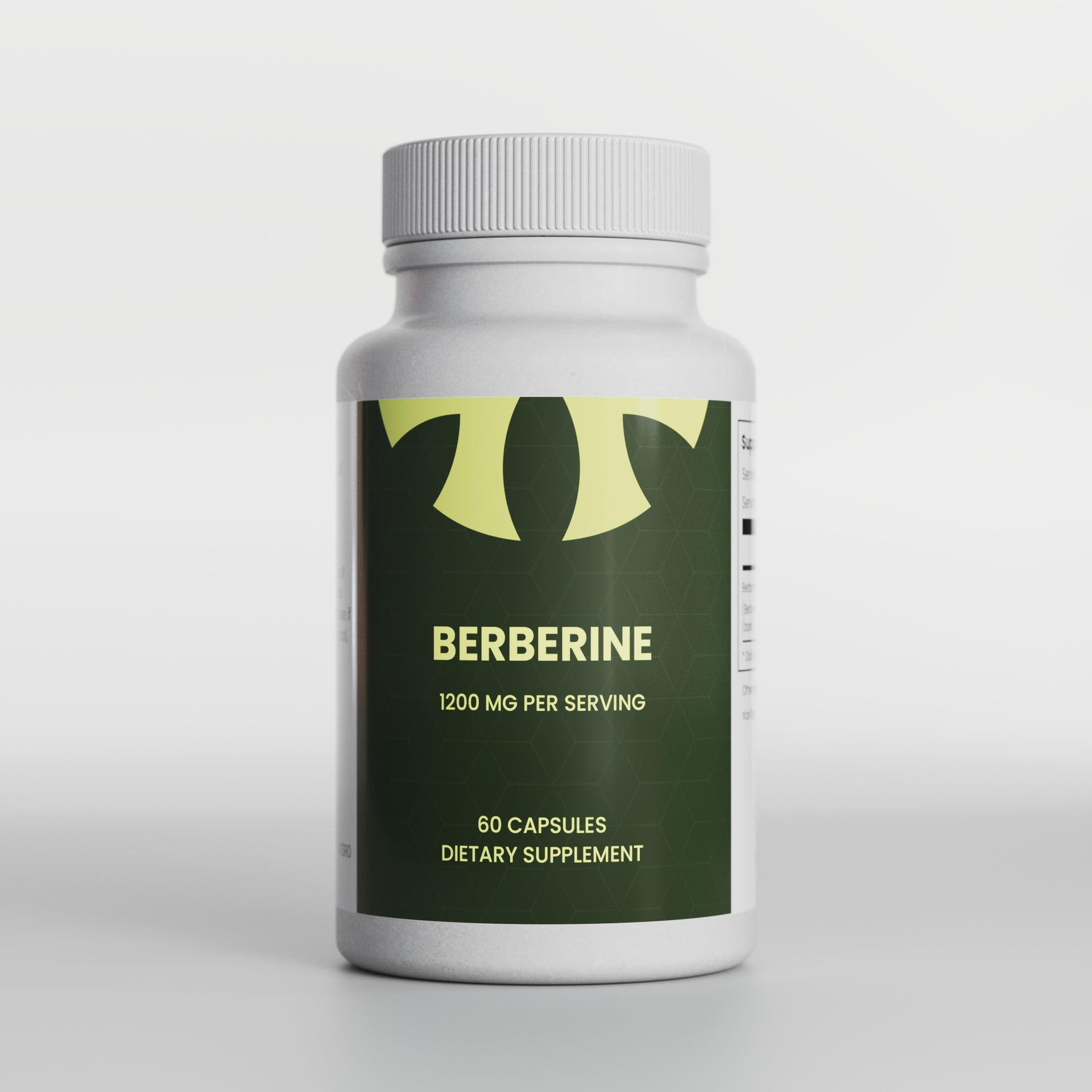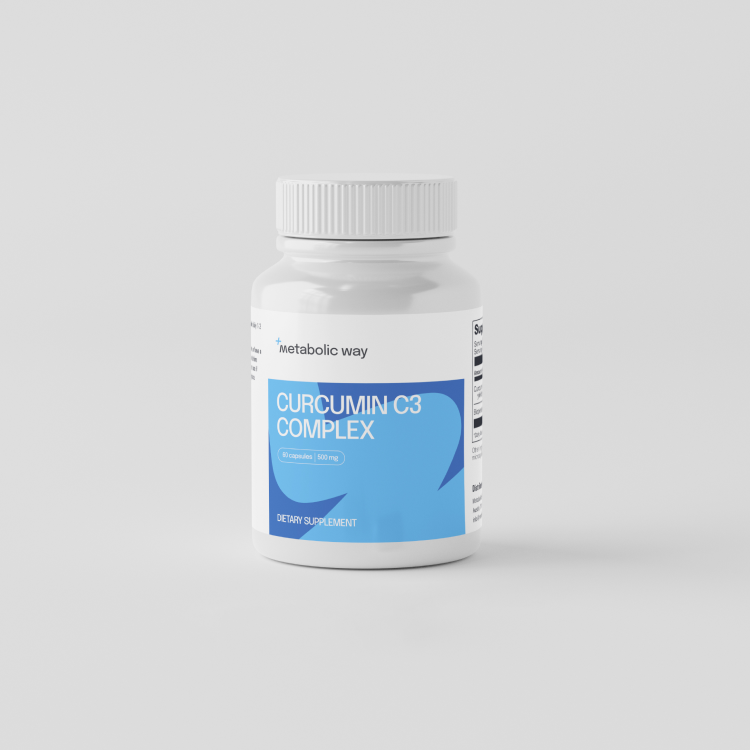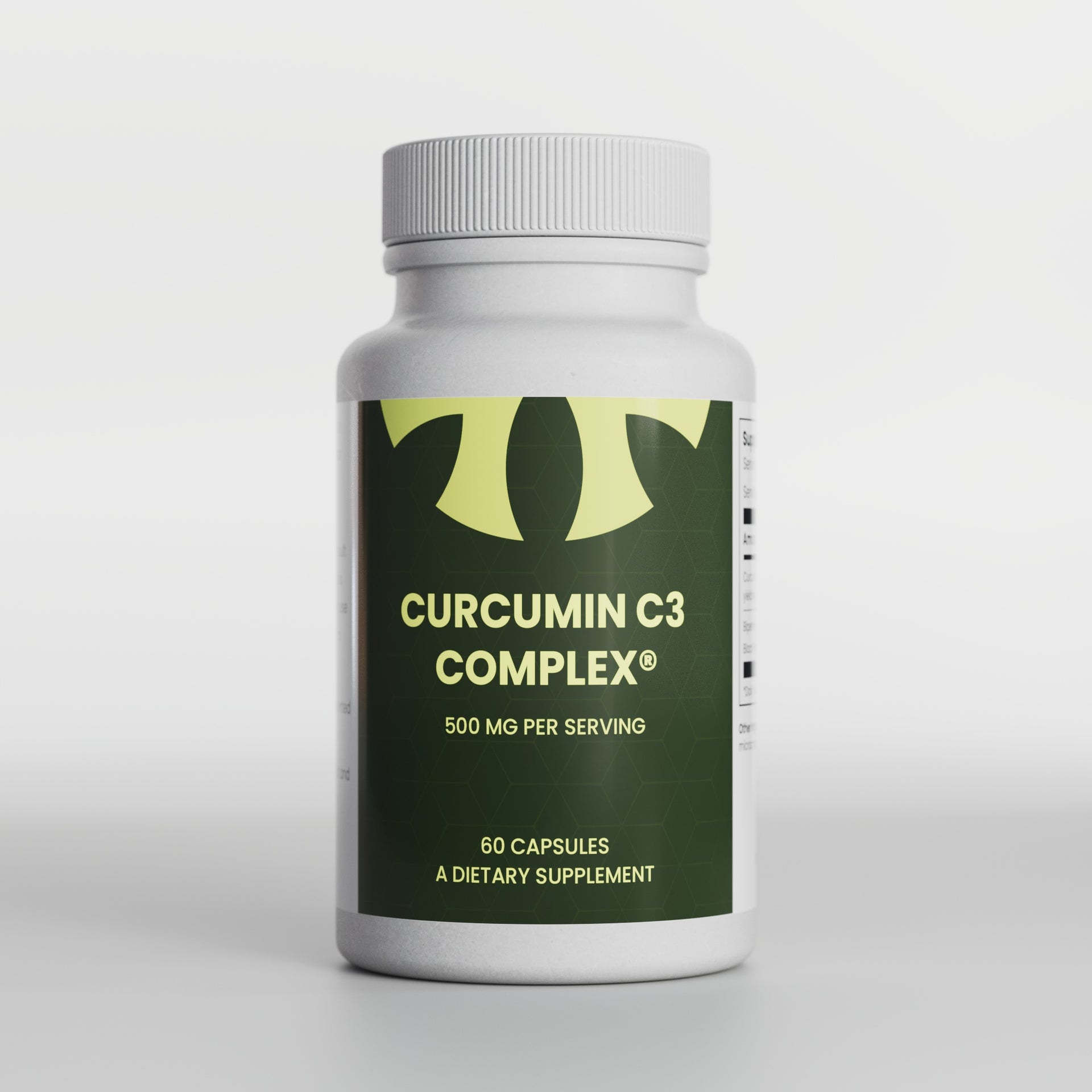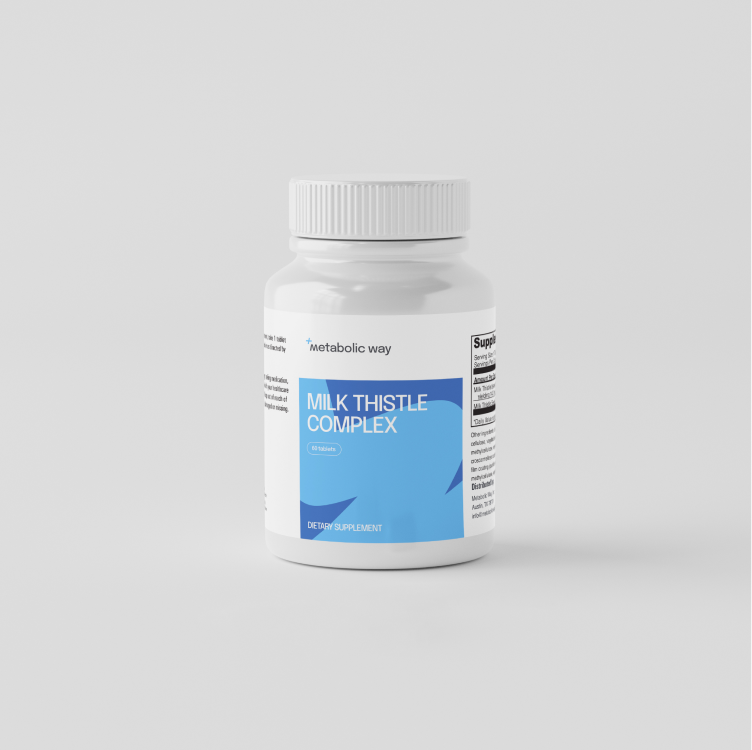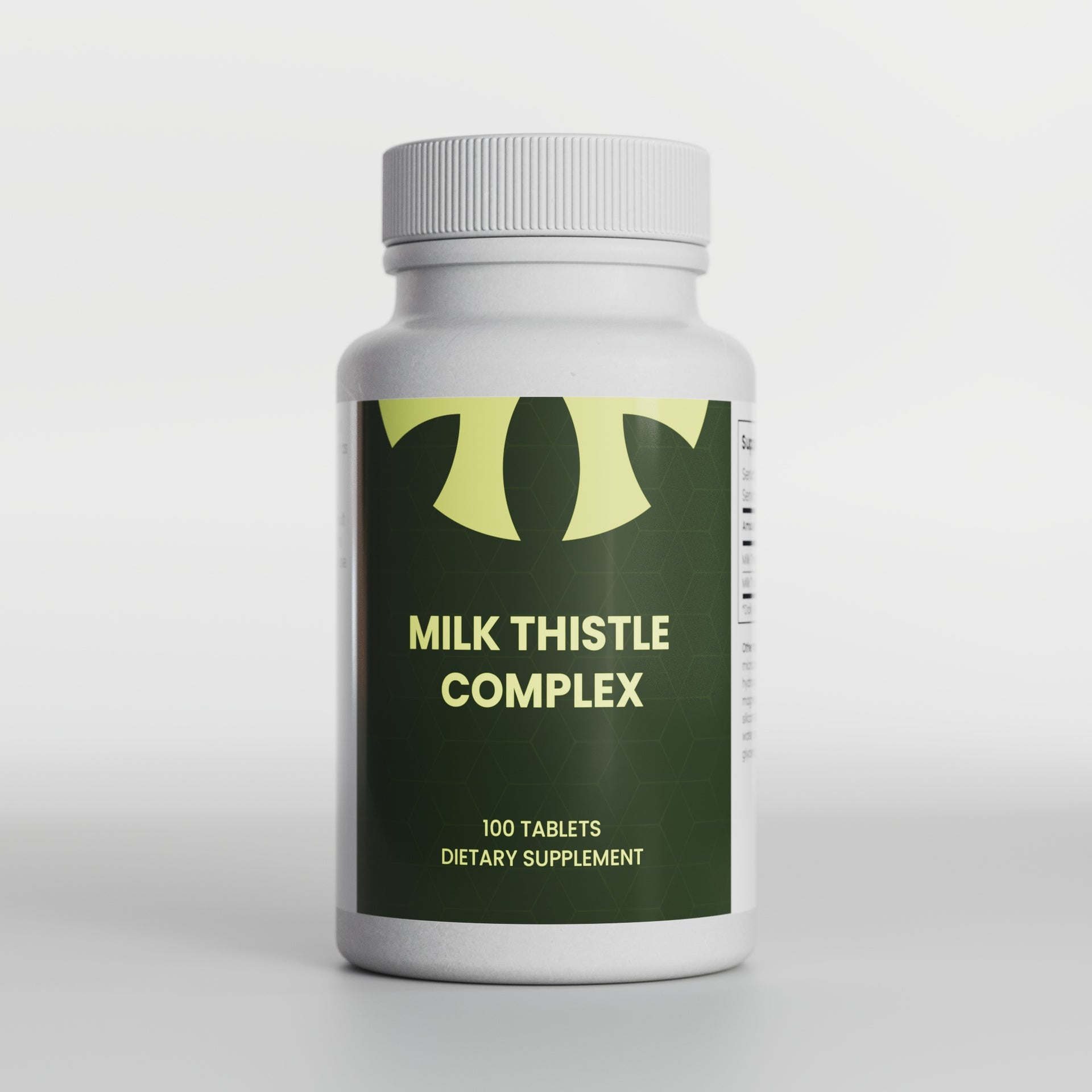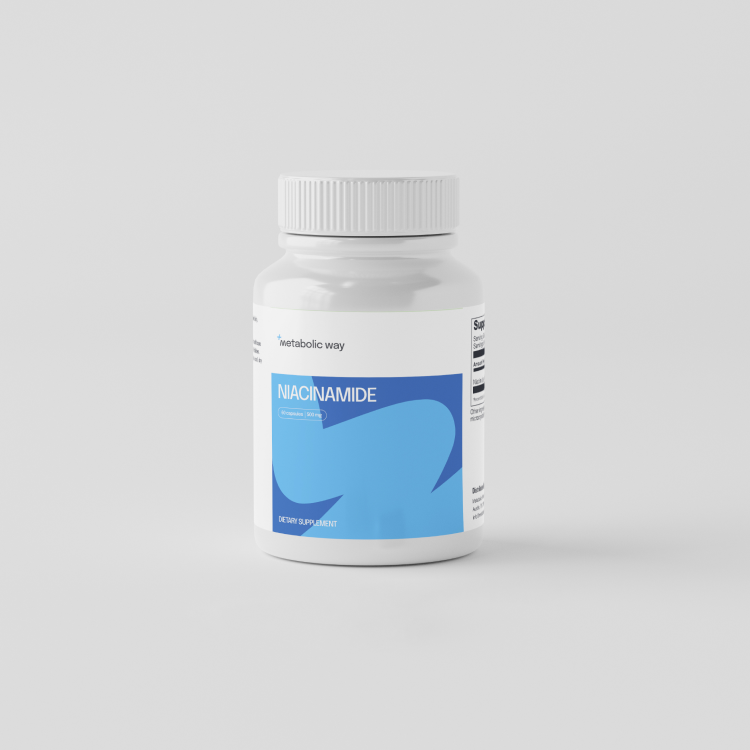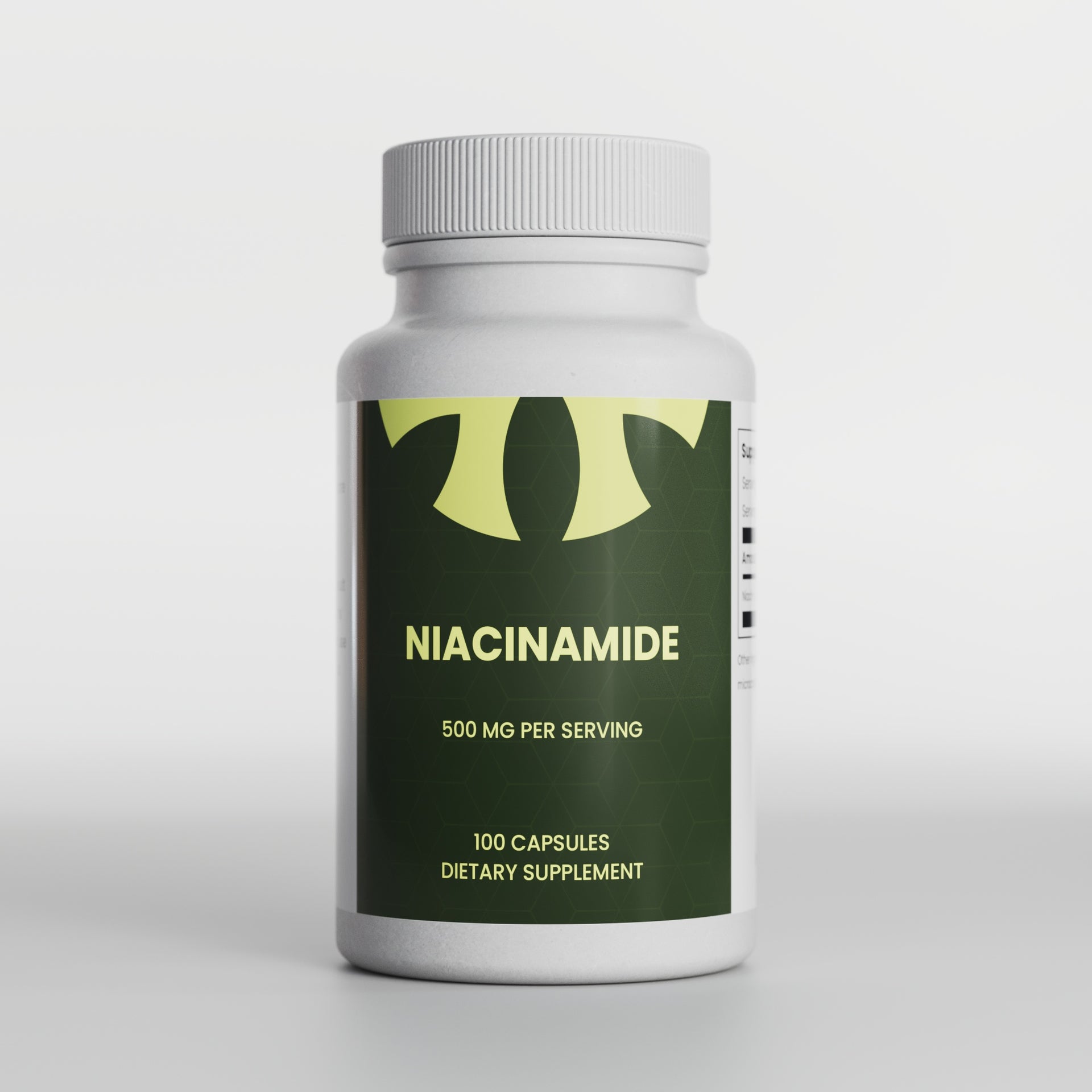Research Highlights:
Main Point 1: Shark cartilage's efficacy in cancer treatment is debated, with some proponents claiming positive results.
Main Point 2: Scientific surveys and alternative cancer physicians have cast doubts on the effectiveness of shark cartilage.
Main Point 3: Recent research suggests shark cartilage's potential, yet its comparison to approved chemotherapy drugs remains inconclusive. Additional Points: The importance of considering alternative therapies and dietary supplements in cancer care.
Scientifically Reviewed by: Dr. Gary Gonzalez, MD, in August 2023.
Introduction
Shark cartilage has garnered significant attention as a potential remedy for cancer. Advocates of this alternative therapy, like Dr. David Williams, have reported excellent results in treating cancer patients using premium brands of shark cartilage such as Benefin and Cartilade. However, recent scientific surveys and input from integrated cancer physicians have raised questions about its effectiveness. This article explores the contentious topic of shark cartilage in cancer treatment, providing a comprehensive analysis of its potential benefits, drawbacks, and the broader implications for cancer care.
What You Need to Know
Point 1: Shark cartilage's efficacy in cancer treatment has been the subject of debate, with some proponents touting its positive results.
Point 2: Contrary to these claims, scientific surveys and input from alternative cancer physicians have cast doubts on the effectiveness of shark cartilage, citing cases where patients' conditions worsened or led to unfortunate outcomes.
Point 3: Recent research has indicated that shark cartilage may have promise, with a forthcoming study comparing it to an approved chemotherapy drug. However, the effectiveness of shark cartilage in treating cancers with high mortality rates remains inconclusive.
Point 4: It is essential to consider alternative therapies and dietary supplements as part of a comprehensive approach to cancer care, keeping in mind both potential benefits and limitations.
Section 1: The Controversy Surrounding Shark Cartilage The efficacy of shark cartilage in cancer treatment has been a contentious issue. Advocates point to anecdotal success stories, while skeptics argue that scientific evidence is lacking. To understand this debate better, we delve into the available data and research.
Subsection 1.1: Survey Results and Patient Outcomes A survey conducted on cancer patients who used shark cartilage supplements, primarily Benefin and Cartilade, yielded mixed results. While some reported positive outcomes, a significant number did not experience the expected benefits, and their conditions deteriorated.
Subsection 1.2: Recent Research and Comparative Studies Recent research has shown potential for shark cartilage in cancer treatment. A forthcoming study compares shark cartilage's effectiveness to that of the chemotherapy drug gemcitabine for pancreatic cancer, a disease with a high mortality rate. However, the study's findings may not provide a conclusive answer to the efficacy of shark cartilage.
Section 2: Considering Alternative Therapies Understanding the mechanisms behind cancer growth and exploring alternative therapies can be crucial in providing a holistic approach to cancer care. This section delves into the importance of considering alternative treatments and therapies alongside conventional approaches.
Section 3: The Role of Clinical Trials Clinical trials play a pivotal role in advancing cancer research and treatment. We discuss the significance of clinical trials, potential side effects, and their impact on patient outcomes.
Section 4: Implications for Future Research and Healthcare As we wrap up our discussion, we explore broader implications, including the need for further research, identifying risk factors, and the potential impact of alternative therapies on healthcare systems and patient quality of life.
Summary
Shark cartilage's role in cancer treatment remains a topic of debate, with conflicting evidence and opinions. While some proponents report positive results, scientific surveys and input from alternative cancer physicians raise concerns. Recent research shows potential, but more comprehensive studies are needed to determine its true efficacy. In the realm of cancer
care, it is essential to consider alternative therapies and supplements as part of a holistic approach, keeping in mind both their potential benefits and limitations.
References:
- Lee JH, Han DH, Song HJ, et al. Anti-cancer effect of shark cartilage extract on lung carcinoma cells via the Fas/FasL-mediated apoptosis pathway. Oncol Rep. 2012 Mar;27(3):718-24.
- Loprinzi CL, Levitt R, Barton DL, et al. Evaluation of shark cartilage in patients with advanced cancer: a North Central Cancer Treatment Group trial. Cancer. 2005 Feb 1;103(3):501-7.
- Yoon YH, Lee SW, Kim SG, et al. Shark cartilage, cancer and the growing threat of pseudoscience. Cancer Res. 1998 Sep 1;58(17):3740-4.
- Lane B. Shark cartilage and cancer: a review of literature and current usage. Altern Ther Health Med. 1998 Jan;4(1):82-5.
- National Cancer Institute. Pancreatic Cancer Treatment (PDQ®)–Health Professional Version. https://www.cancer.gov/types/pancreatic/hp/pancreatic-treatment-pdq. Accessed August 2023.
- Williams D. Shark Cartilage: The All-Natural Anti-Inflammatory for Joint Disease, Arthritis, and Cancer. Freedom Press; 1993.
- Faloon W. The Foundation's updated Pancreatic Cancer Treatment Protocol. Life Extension Magazine. 1995;1(5):3-4.

